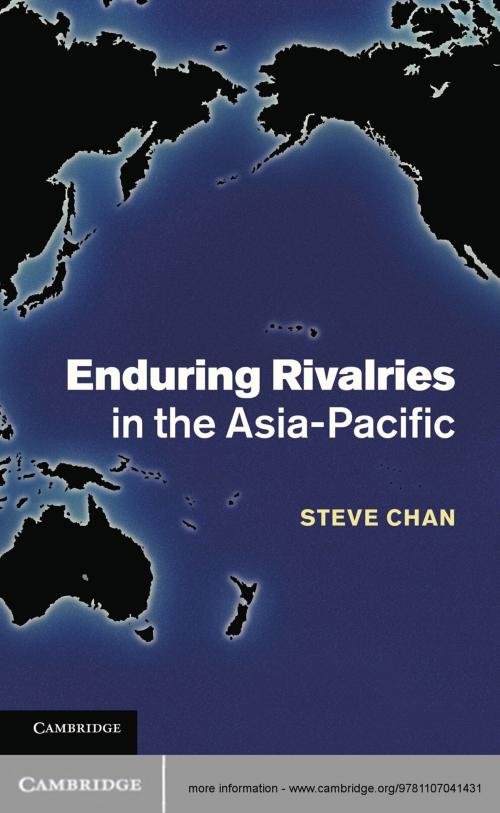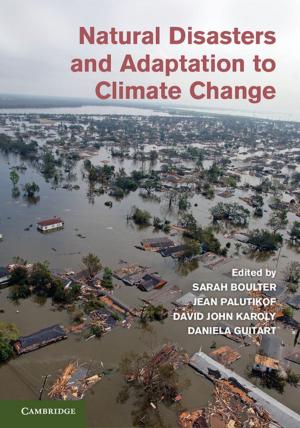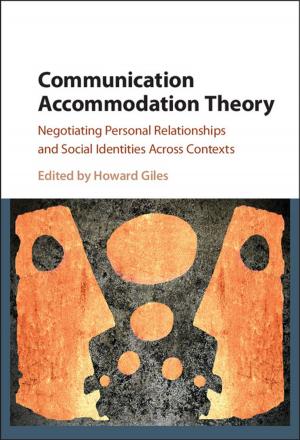Enduring Rivalries in the Asia-Pacific
Nonfiction, Social & Cultural Studies, Political Science, International, International Relations| Author: | Steve Chan | ISBN: | 9781107425422 |
| Publisher: | Cambridge University Press | Publication: | August 22, 2013 |
| Imprint: | Cambridge University Press | Language: | English |
| Author: | Steve Chan |
| ISBN: | 9781107425422 |
| Publisher: | Cambridge University Press |
| Publication: | August 22, 2013 |
| Imprint: | Cambridge University Press |
| Language: | English |
Enduring rivalries recurrently ensnare states in militarized disputes and wars. Are they poised to intensify in the Asia-Pacific, a region characterized by regime and cultural differences, territorial contests, and competing nationalist and regime claims? It is often argued that these conditions and recent power shifts are likely to lead to conflict escalation and contagion, especially in Sino-American relations. Steve Chan's book challenges this common view and argues instead that Asia-Pacific rivalries are likely to be held in abeyance. He suggests that the majority of leaders in the region wish to base their political legitimacy on their economic performance rather than popular mobilization against foreign enemies. Economic interdependence and political multilateralism have restrained and in some cases reversed rivalries. Although Asia-Pacific states will continue to quarrel, Chan argues that their relations are more stable today than at any other time since 1945.
Enduring rivalries recurrently ensnare states in militarized disputes and wars. Are they poised to intensify in the Asia-Pacific, a region characterized by regime and cultural differences, territorial contests, and competing nationalist and regime claims? It is often argued that these conditions and recent power shifts are likely to lead to conflict escalation and contagion, especially in Sino-American relations. Steve Chan's book challenges this common view and argues instead that Asia-Pacific rivalries are likely to be held in abeyance. He suggests that the majority of leaders in the region wish to base their political legitimacy on their economic performance rather than popular mobilization against foreign enemies. Economic interdependence and political multilateralism have restrained and in some cases reversed rivalries. Although Asia-Pacific states will continue to quarrel, Chan argues that their relations are more stable today than at any other time since 1945.















